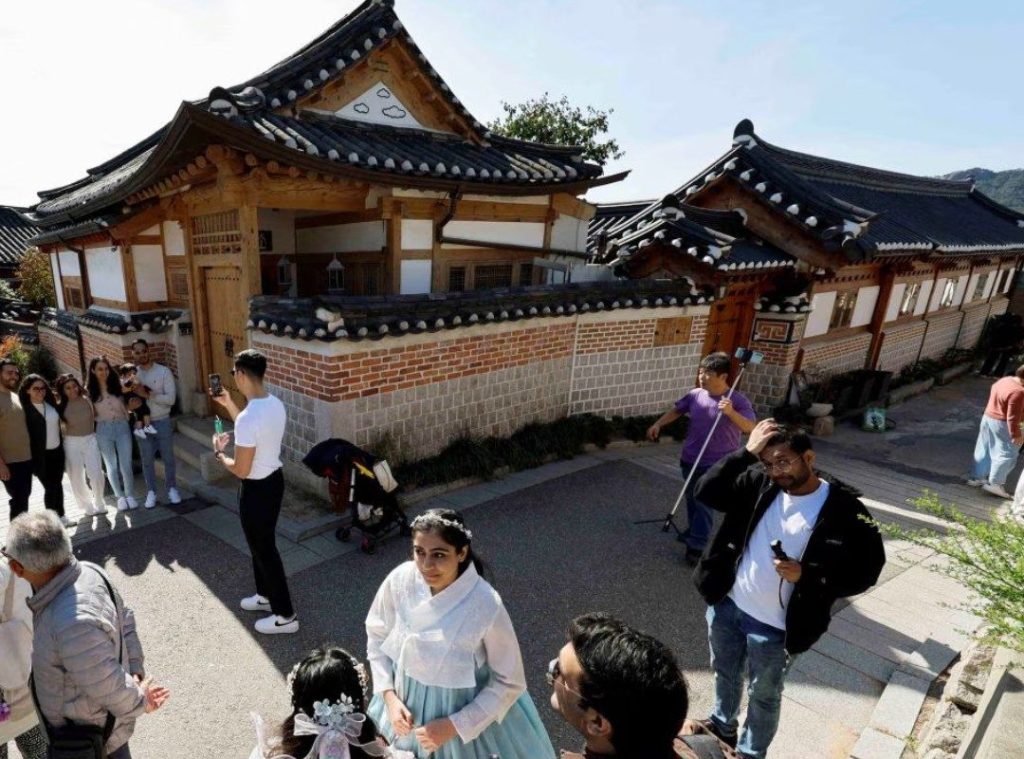
In a significant move to invigorate its tourism sector and strengthen economic ties, South Korea has announced a temporary visa-free entry policy for Chinese tourist groups starting September 29, 2025, and running through June 2026. The policy, aimed at boosting the domestic economy ahead of the high-profile Asia-Pacific Economic Cooperation (APEC) summit set for October 31 to November 1 in Gyeongju, is expected to result in a surge of Chinese visitors, especially during China’s national holidays in early October.
This initiative follows China’s recent decision to offer similar visa exemptions to South Koreans and others, signaling a mutual effort to repair and enhance bilateral relations. The timing coincides with rising expectations that President Lee Jae Myung’s administration will prioritize stronger relations with China, paving the way for increased collaboration and cultural exchange.
South Korea’s tourism and retail sectors responded optimistically to the news, with major companies such as Hyundai Department Store, Hotel Shilla, and casino operator Paradise seeing notable stock gains. The move is widely anticipated to benefit hospitality, retail, and cosmetics industries, offering a much-needed opportunity for recovery after recent years of restricted travel and limited foreign arrivals due to the global pandemic.
According to the Ministry of Tourism, the visa-free policy is designed to accelerate the ongoing recovery in foreign visits and stimulate spending across small businesses, restaurants, and cultural destinations. It also serves as a platform to promote Korean culture, products, and experiences to a broader international audience, creating new avenues for soft power and economic influence.
Ultimately, South Korea’s decision to temporarily waive visa requirements for Chinese tour groups ahead of the APEC summit reflects the strategic interplay between global events and domestic policy. By fostering easier travel, the country not only welcomes an influx of tourists but also signals its commitment to rebuilding regional economic bridges, promoting trade, and expanding cultural engagement with its key neighbor, China. The initiative is expected to have lasting effects, spurring growth and fostering deeper cooperation in the region.

